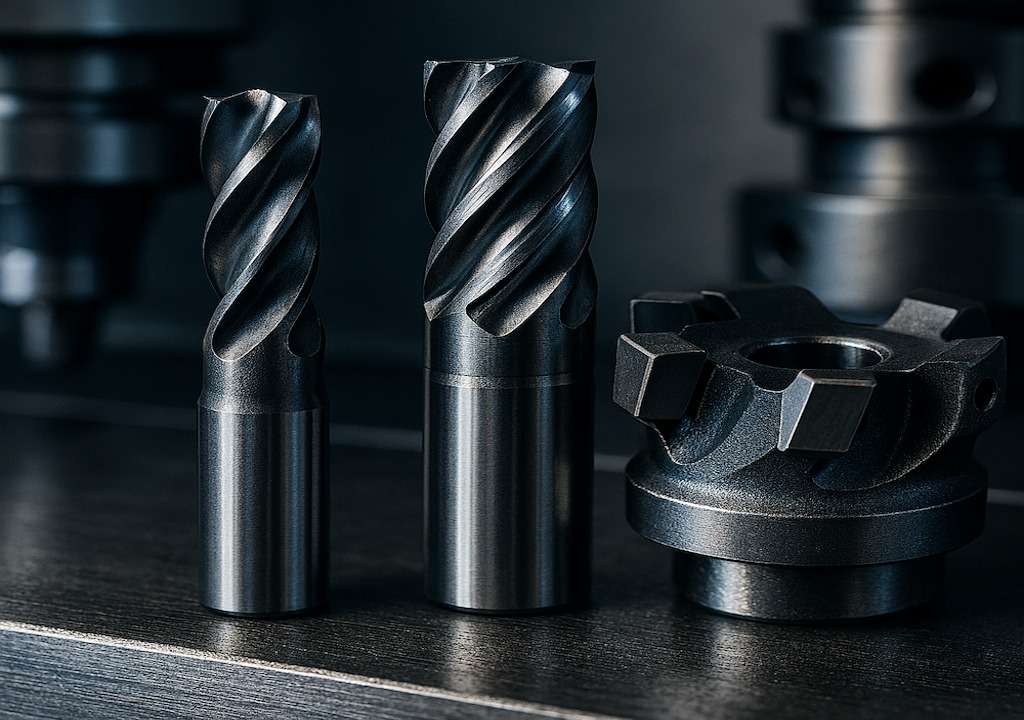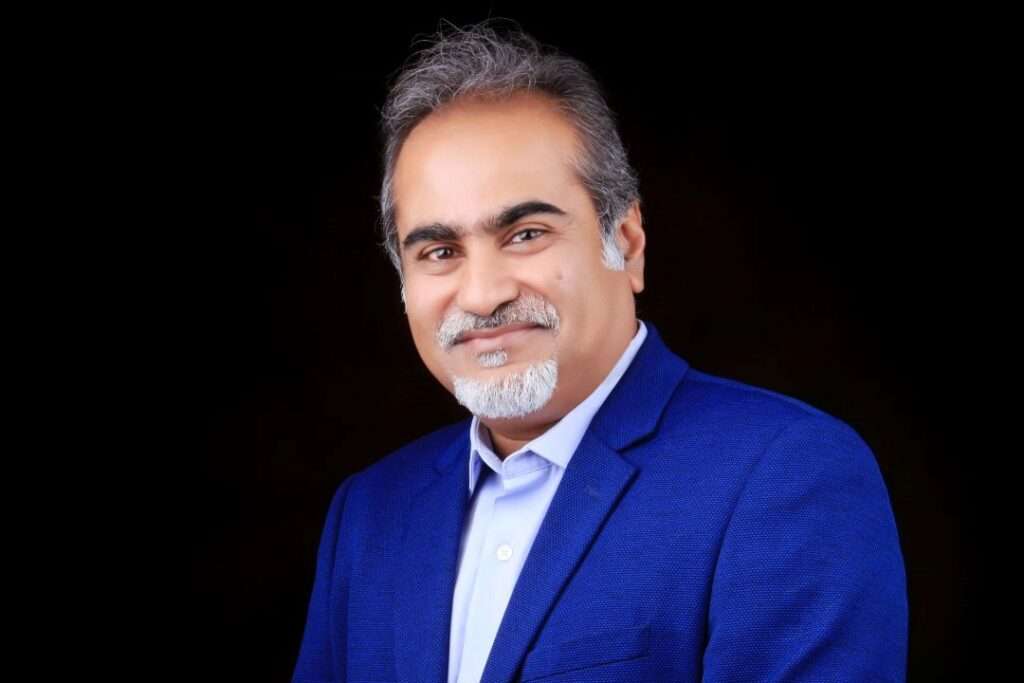Transor India led by Ajinkya Kelkar works on filtration for Cutting fluid technology – be it standard or custom based solutions. He believes filtration is an integral part of machines, which is like a kidney to a human body, but neglected its significance in machining for a very long time.
The operating environment of modern industrialized machines generates an increased risk of damage due to nature and society. Advanced filtration technologies avoid the hazard to be generated without diminishing the productivity rate. A young and dynamic engineer from Pune, Ajinkya Kelkar works on filtration from industrial cutting fluids. Speaking to Machine Maker exclusively, he shares, “the need for filtration was there for a long time but it was neglected. But over time because of environmental norms and the need for sustainable manufacturing the demand for a good filtration system has increased.”
Serving Machine Tool Industry with Cutting Fluid Filtration Systems

Be it water-based coolant or neat oil, removing dirt-cutting fluids generated in metal-cutting processes is the challenge Ajinkya and his team at Transor are undertaking. At a very young age, he entered into a solution and innovation-driven journey, leading Innovation Filter System and Transor India Pvt Ltd. Talking about his professional career Ajinkya Kelkar says, “I joined Innovation Filter System 11 years ago but the company has been there and working on filtration since 1999”
Both the companies, Transit India and Innovation Filtration System focus on Cutting Fluid Filtration systems. Over two decades the company has been providing a Filtration system to the machine tool sector. Ajinkya explains, “We prepare an emulsion by mixing oil and water and use that for metal-cutting that is called Coolant, and the second aspect of the Neat Oil includes only oil and no water.”
There was a time when people used to think of a filtration system as something that needs change. But now the filtration system comes with self-clean, regenerative features, which does not need any changes. Ajinkya says, “the refinement is increasing in the filtration system. By refinement, I mean the microns.”
Ajinkya believes that the manufacturers are forced to make more efficient machines, which are faster and steadier. The industry demands more accurate machines with good tolerance and better outputs, which has made them implement filtration systems in the machines. He adds, “We have to approach customers to solve their problems. Our growth comes from solution orientation. It will take time for the customers to reach for generic products” he added, “We have an urban perspective, but we are lacking in including rural perspective.”
Kidney of a Machine: Solution-oriented Filtration System
 Ajinkya Kelkar enlightens on the importance of the filtration system in the precision machining ecosystem, “The filtration system is an integral part of machines. It is like a kidney continuously working to prose out the dirt and keep the cutting fluids clean and usable.” Ajinkya added that because of the activeness of the filtration system 24×7, it has reduced the amount of waste and discarded cutting fluids. Even if there’s a need for discarding the oil or coolant there are technologies that have the same quality of coolant or cutting fluids to reuse it.
Ajinkya Kelkar enlightens on the importance of the filtration system in the precision machining ecosystem, “The filtration system is an integral part of machines. It is like a kidney continuously working to prose out the dirt and keep the cutting fluids clean and usable.” Ajinkya added that because of the activeness of the filtration system 24×7, it has reduced the amount of waste and discarded cutting fluids. Even if there’s a need for discarding the oil or coolant there are technologies that have the same quality of coolant or cutting fluids to reuse it.
Ajinkya and his team are providing custom based solutions to their customers. For each of their requirements, the team takes trials to make lab results to explain the problems and their solutions. “I would categorize the filtration system in two parts. One is standard products and the second is solutions. Standard products are bag filters, paper bag filters, conveyors and all. If we buy a machine, it will have one of these or a combination of these.”
In the present context of the manufacturing industry of the country, Ajinkya says, “The manufacturing industry in India is going through a paradigm shift. Opportunities have increased in the industry, but the mindset is still lacking advancement.” People are not investing in upgrading knowledge, they are still unconcerned about the hazardous effects in nature.
Ajinkya feels that manufacturers from the developed economies give importance to the machine/ product aesthetics, along with the quality. “This is important because it brings attention, and that’s the result of they paying attention to the minute level of qualities.” Ajinkya gave an example of when he came across a Spanish filtration system in Pune, “the machine was detailed. Its railings as safety measures with particular colour codes, a sticker placed in the part where it is a rotating part of a hazardous part which is inspiring.”
Ajinkya says that there are other fluids in the manufacturing industry that need filtration, and those are washing machine fluids, thermic fluids, hydraulic fluids, lubricating oils, and others. The scope is vast in this field, and the filtration industry is heading towards a greener perspective.
He believes in collaboration, and recently joined hands with Amit Salunkhe of ZOLLER India and South East Asia to co-organise a virtual event “Industry 4.0 for cutting tool manufacturers”, to provide innovative solutions to the Indian manufacturing sector. Though there are many advantages for imported products in India with many factors, Ajinkya believes it’s not far every Indian manufacturer, especially the SMEs will be able to compete or produce better machines for the global market.








